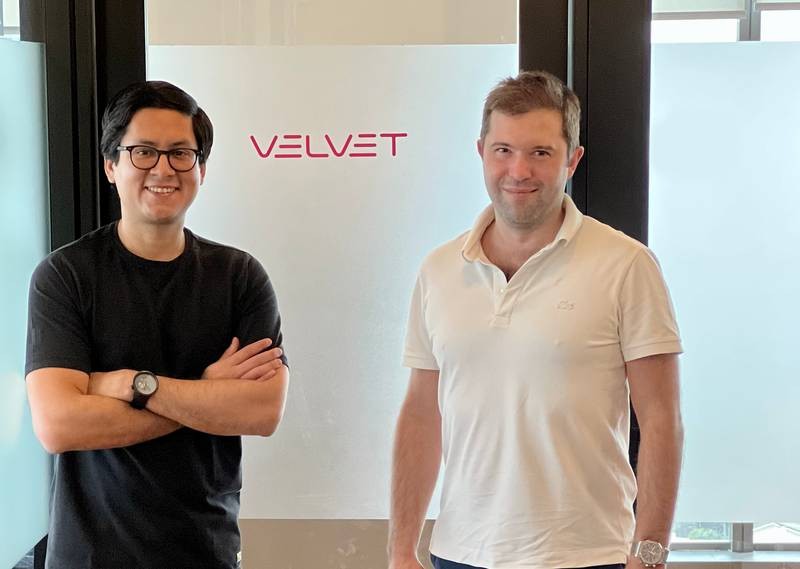Velvet, the Brazilian startup, raised $1.05 billion reais (close to US$200 million) from funds that already finance some companies in the fintech sector. It will use the capital to invest in more than 40 startups located in emerging markets around the world; specifically, 20 in Latin America, 10 in India, eight in Southeast Asia and five in Africa.
Velvet offers these resources to late-stage companies. This is so that they can provide liquidity to their early employees and angel investors who want to start their own business.
The company is focused on companies with a valuation of more than US$500 million who have received investments from large venture capital funds. Velvet’s capital injections will range from US$5 million to US$10 million.
Liquidity for Startup Talent
Velvet functions as a platform for buying and selling liquid assets. They pointed out that when employees and ex-employees of companies purchase shares with stock options and the liquidity is then granted to future founders, this speeds up and creates a secondary market.
He noted that this will make opportunities more viable for those who want to open businesses in emerging markets, easily and safely.
“Our ambition is to be the largest player in the Late Stage VC secondary market in Latin America, India, Africa and Southeast Asia,” mentioned Carlos Naupari, co-founder of Velvet.
As we have already observed in Contxto, Velvet stated that the next few years will see a new wave of startups founded by ex-employees of late-stage companies.
The company will also allow high-income investors access to sell their holdings through a platform to be launched next quarter. This will be a marketplace connected to large wealth management and private banking firms. There, shares will be bought and sold on behalf of clients.
So far, Velvet has already acquired stakes totaling more than R$165 (US$32 million, approximately) in startups such as Nuvemshop (Argentina), Credijusto (Mexico) and Open (India).
You may also be interested in: From Founders To Investors: How Entrepreneurs Are Now Financing The Ecosystem






